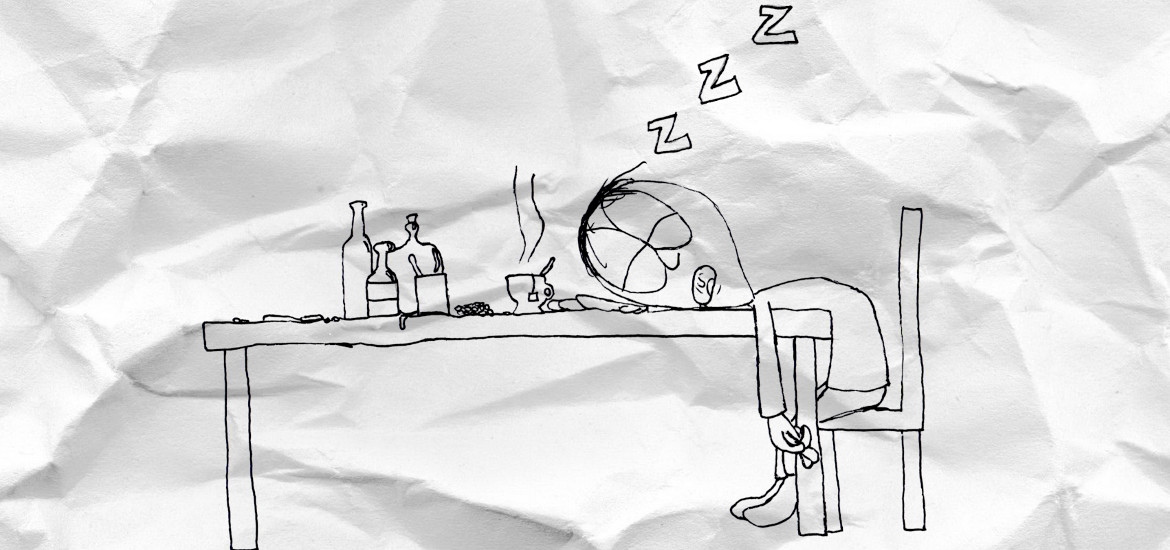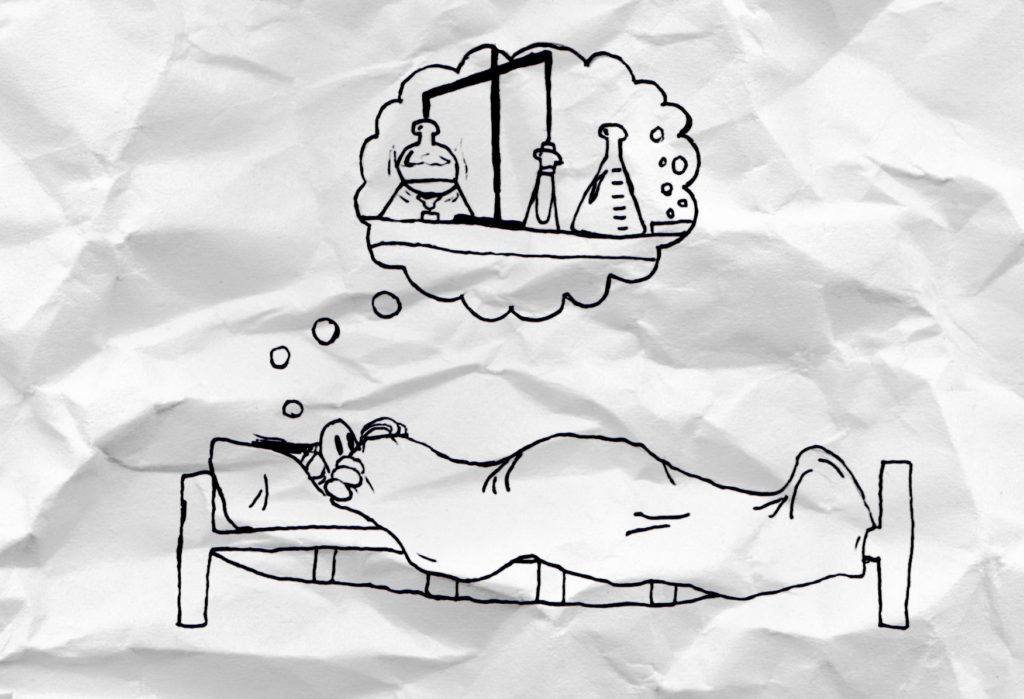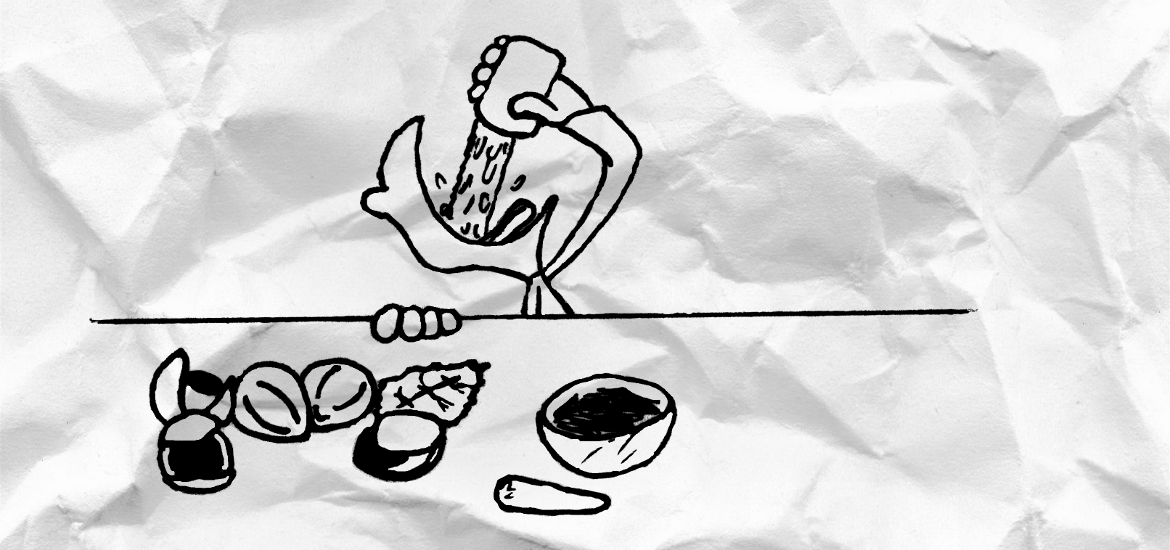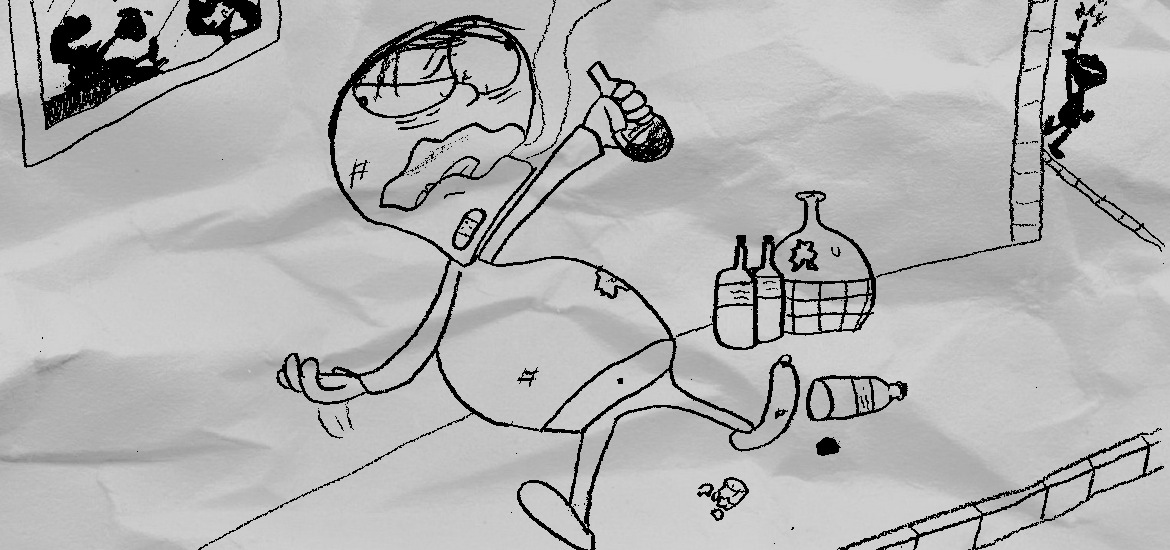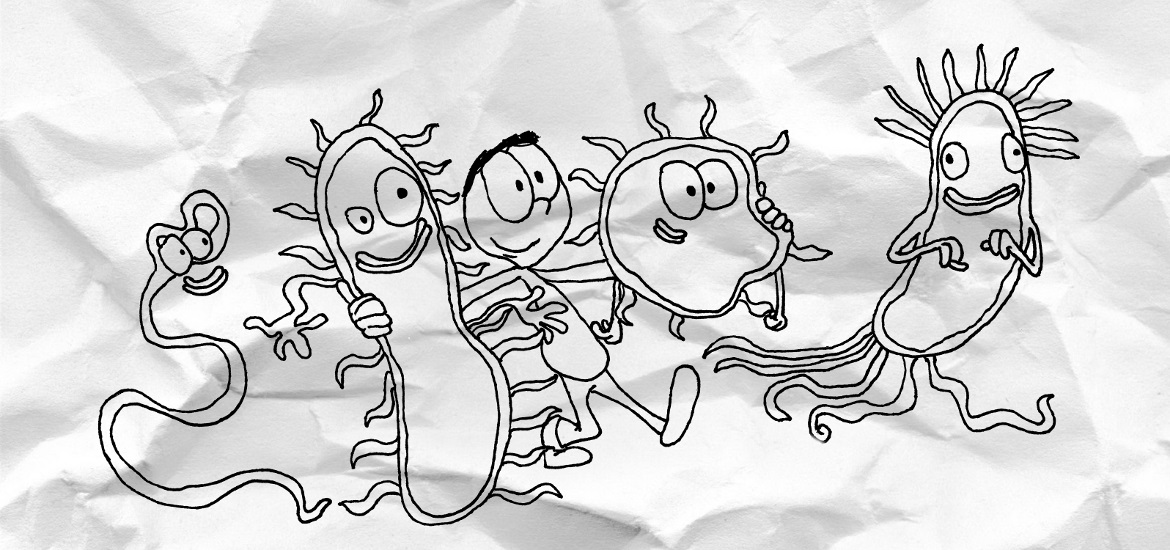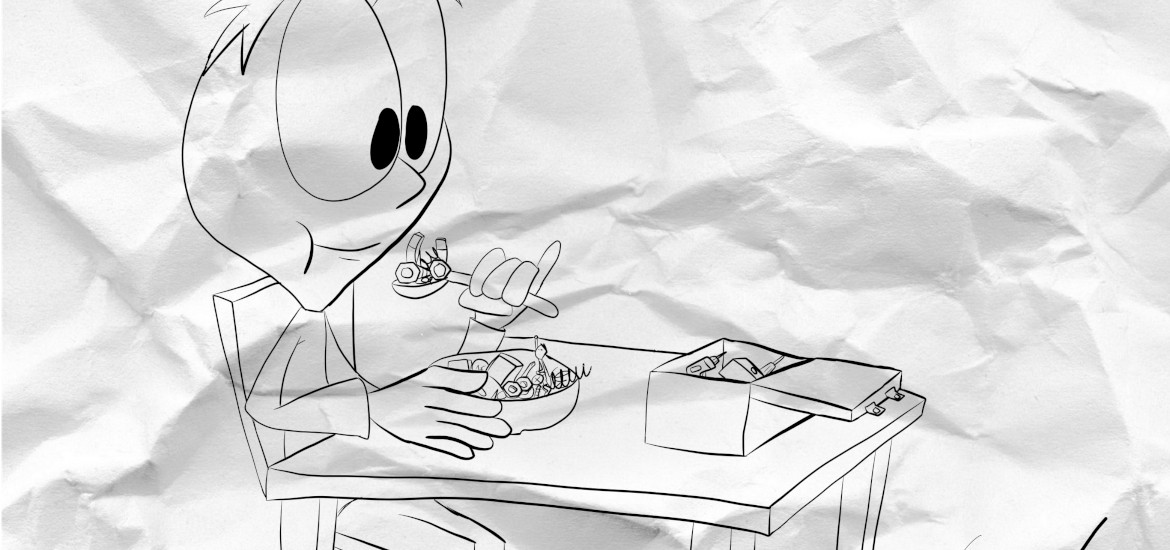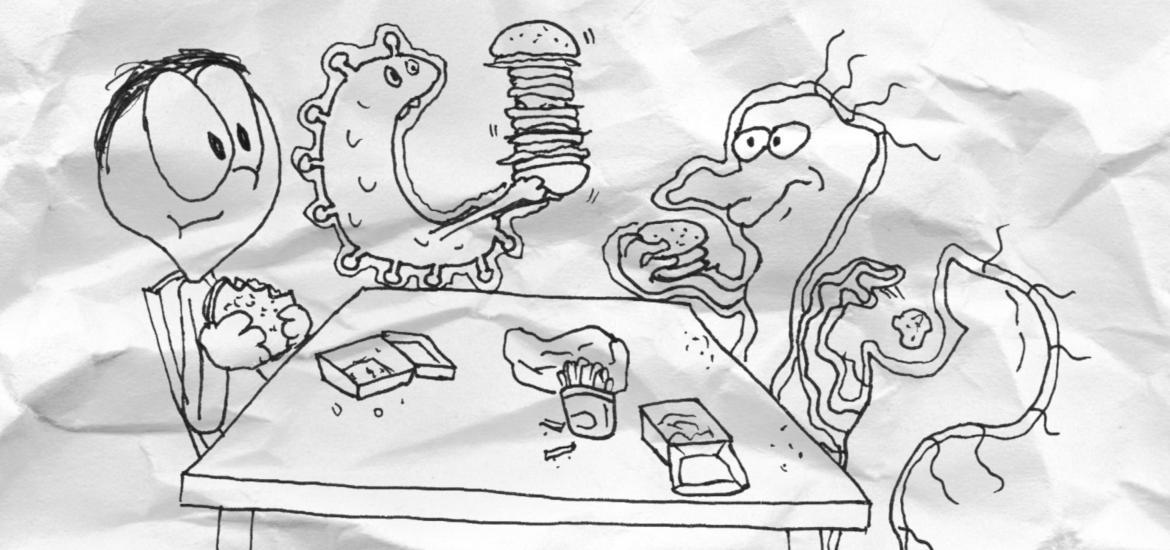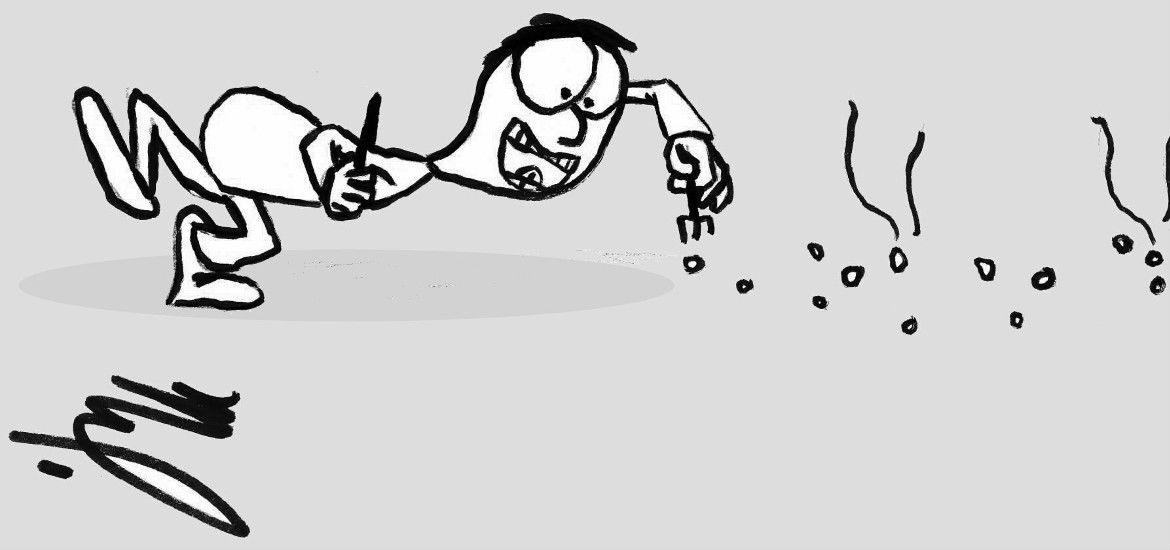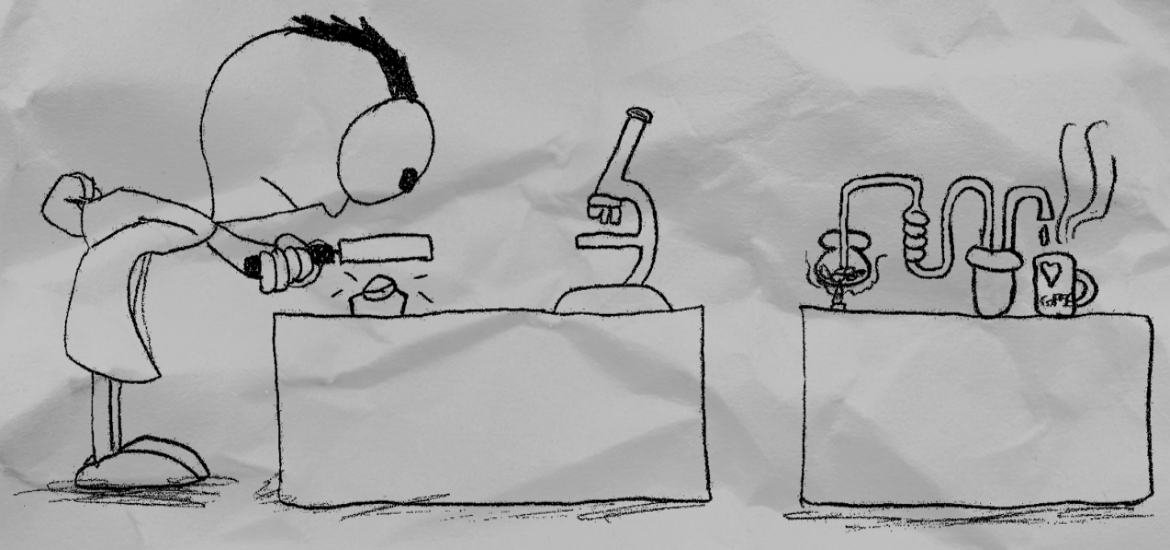Recently I bought some sleeping water, just out of curiosity. After testing it, I was pleasantly surprised by the effect. Well, I did follow all the advice on the bottle, what defineley greatly contributed to the end result. Relaxing 30 minutes before bedtime, no eating or electronic devices during that time and a hot shower just before going to bed is a good guarantee for a refreshing sleep. Nevertheless, the ingredients in the product probably also play some part, so I decided to take a closer look. I will be discussing only sleeping aids sold as food supplements. These are less researched and less regulated compared to registered drugs and consequently harder to interpret correctly. There are three main ingredients most commonly used in food supplements, namely melatonin, gamma aminobutyric acid (GABA) and L-5-hydroxytryptophan (HTP). They are followed by L-theanine and herbal extracts form valeriana, chamomile, hops and passion flower. The list goes on and on, but there are the important ones worth a second glance.
Melatonin
Melatonin is a hormone produced in our bodies plays a role in sleep regulation0. Usual doses range from 2 to 5 mg. And it works without a doubt, since it is also a registered drug in many countries, meaning its efficacy was proven. However, not all cases of sleep disorder were proven to be positively effected by melatonin, but some, like jet lag, certainly are. I can confirm this also in my case. The only problem are the side effects. Livid and sometimes heavy dream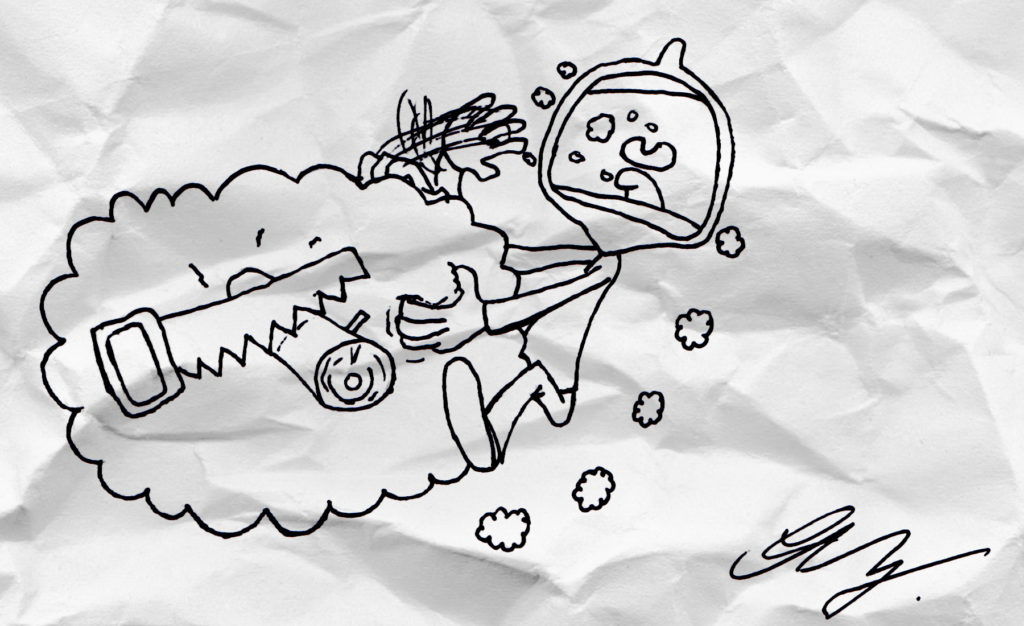 s are not so infrequent. Further, if you take it for longer time (a week or longer), you can experience grogines during daytime. So melatonin might be useful for getting over jet lag, but definitely not for a day to day use. Finally, in my opinion, if you regularly provide your body with something that the body already produces, it tends to produce even less of the substance. Thus you effectively worsen your problem in the long run. Another reason to use melatonin sparingly.
s are not so infrequent. Further, if you take it for longer time (a week or longer), you can experience grogines during daytime. So melatonin might be useful for getting over jet lag, but definitely not for a day to day use. Finally, in my opinion, if you regularly provide your body with something that the body already produces, it tends to produce even less of the substance. Thus you effectively worsen your problem in the long run. Another reason to use melatonin sparingly.
Gamma aminobutyric acid
GABA is a neurotransmitter produced in our bodies and is involved in inhibitory actions (i.e. it calms the brain activity down). Therefore ingesting it for relaxation seems like a good idea. But there is a long way from our stomach to the brain. While GABA is absorbed from the gut, it most probably does not reach the brain, since it cannot cross the blood brain barrier. If it does cross the blood brain barrier, it does this in a very limited amount since it is much faster excreted then taken up. Further, it has a relatively short half 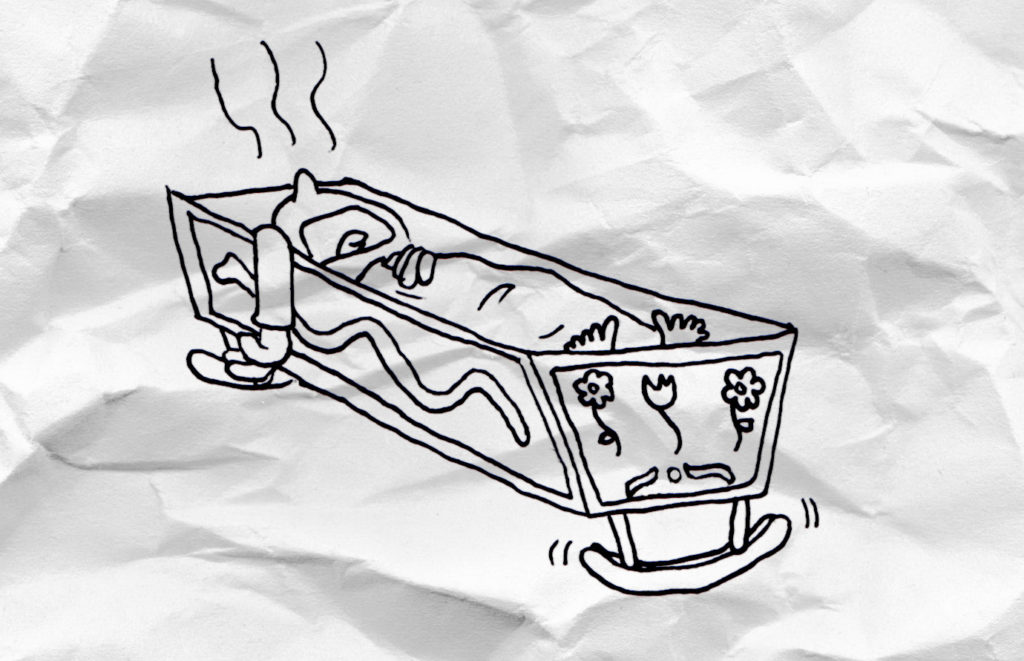 life of about 5 hours, meaning that its leaves the body fairly quickly. The theory does not look very promising, but what about real life experiences? Studies examining effects of GABA taken as a supplement could not prove its efficacy, having mixed results. Much of the observed effects can probably be connected to placebo effect, giving orally ingested GABA little hope for efficacy. Bottom line, there is probably not much effect in ingesting GABA.
life of about 5 hours, meaning that its leaves the body fairly quickly. The theory does not look very promising, but what about real life experiences? Studies examining effects of GABA taken as a supplement could not prove its efficacy, having mixed results. Much of the observed effects can probably be connected to placebo effect, giving orally ingested GABA little hope for efficacy. Bottom line, there is probably not much effect in ingesting GABA.
L-5-hydroxytryptophan
HTF is an essential amino acid, meaning that our body cannot make it on its own and we have to get it with our food. And it is a vital component in making many important substances, like melatonin. While it is fairly easy to get enough HTF in your daily diet, you get much higher concentration of HTF in the brain if you are taking it as a supplement. Probably this is because other amino acids in the food are competing with HTF to get to the brain. This all sounds perfect and theoretically there is a definite benefit in taking HTF as a supplement. But sadly data on actual effects is not so positive. A careful review of studies dealing with HTF and depression concluded that the effect of HTF is better than placebo but not conclusive. Another article examining the effect of HTF on melatonin found no influence and even stretched this to claim no influence of HTF on sleep. The final conclusion is therefore not so straightforward. Certainly ingesting HTF does no harm, but benefits are probably minute.
L-theanine and herbal extracts
If the main three substances were relatively inconclusive, I had little hope for the rest. L-theanine and herbal extracts are even less well researched. L-theanine effect on sleep and relaxation is questionable, while herbal extract do exhibit some action. But this effect is mild and can vary widely due to variation in herbs gathered in different areas and years.
Conclusion
The general conclusion is that beside melatonin all other supplements have mild, if any, effect. I think it is reasonable to take them for a short time or for a specific purpose, like getting over a jet lag. Longer consumption is definitely not advised, especially with melatonin. For everyday healthy sleep traditional methods like exercise, relaxing before bedtime and light evening meals is much more advisable.
